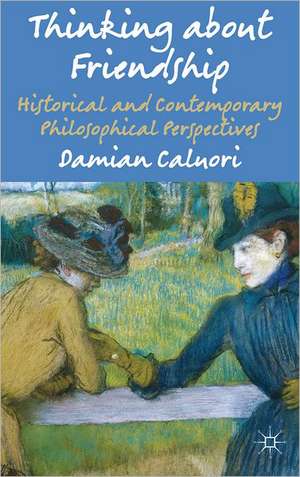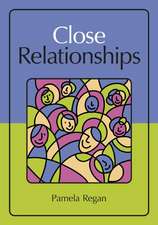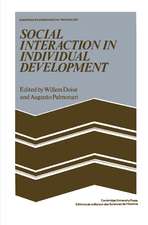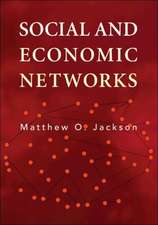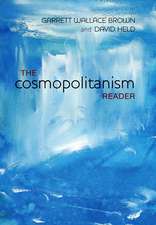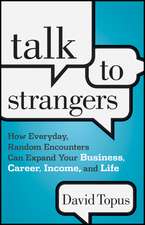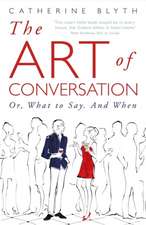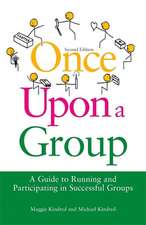Thinking about Friendship: Historical and Contemporary Philosophical Perspectives
Editat de Damian Caluorien Limba Engleză Hardback – 24 oct 2012
Preț: 386.01 lei
Nou
Puncte Express: 579
Preț estimativ în valută:
73.90€ • 75.100$ • 61.31£
73.90€ • 75.100$ • 61.31£
Carte tipărită la comandă
Livrare economică 15 februarie-01 martie
Preluare comenzi: 021 569.72.76
Specificații
ISBN-13: 9781137003980
ISBN-10: 1137003987
Pagini: 270
Ilustrații: XII, 270 p.
Dimensiuni: 140 x 216 x 23 mm
Greutate: 0.52 kg
Ediția:2013
Editura: Palgrave Macmillan UK
Colecția Palgrave Macmillan
Locul publicării:London, United Kingdom
ISBN-10: 1137003987
Pagini: 270
Ilustrații: XII, 270 p.
Dimensiuni: 140 x 216 x 23 mm
Greutate: 0.52 kg
Ediția:2013
Editura: Palgrave Macmillan UK
Colecția Palgrave Macmillan
Locul publicării:London, United Kingdom
Cuprins
Acknowledgements Notes on Contributors Introduction; D.Caluori PART I: THE NATURE OF FRIENDSHIP Aristotle's Notion of Friendship; S.Benetatos The Character of Friendship; L.Thomas PART II: THE UNITY OF FRIENDSHIP Friendship in Kallipolis; D.Caluori Montaigne's 'Perfect' Friendship; U.Langer PART III: FRIENDSHIP AND REASON Relationships and Emotions; M.Slote Friendships: Epistemically Dangerous Liaisons?; C.Brown How to be a Non-Reductionist About Reasons of Friendship; J.Seidman PART IV: FRIENDSHIP AND MORALITY Friendship in Kant's Moral Thought; O.Sensen Consequentialism and Friendship; A.Norcross Can a Christian be a Friend? On God, Friendship and Love of Neighbour; J.Lippitt PART V: FRIENDSHIP IN A GOOD LIFE The Goods of Friendship; T.Hurka Friendship and Friends in the Stoic Theory of the Good Life; A.A.Long Aesthetics and the Art of Friendship; S.Lintott References Index
Notă biografică
Damian Caluori is Associate Professor of Philosophy at Trinity University. His research focuses on Ancient Philosophy, in particular Plato and late ancient Platonism. He has published articles on Plato, Aristotle, Plotinus, Damascius, and the Renaissance skeptic Franciscus Sanchez, whose main work, That Nothing is Known, he co-translated from Latin into German.
